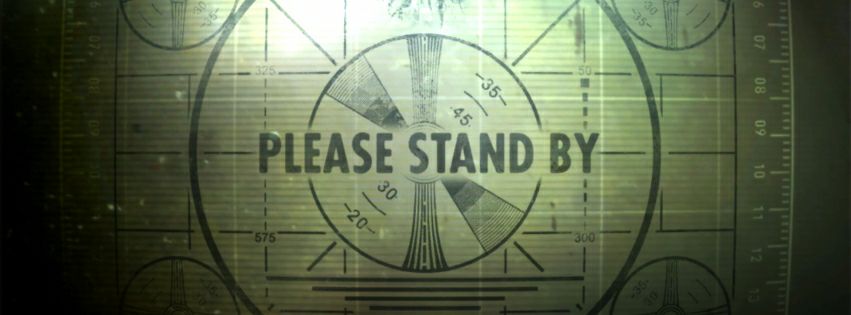Margaret Thatcher began a systematic destruction of the left wing of politics by adopting an 'art of war' strategy based on divide and conquer. She didn't do it because she feared them, she did it because she felt the country would be better off without them. The new country she was building didn't need pinko-lefties obfuscating the charge of capitalism and the free market. She viewed the left as nothing more than a tick in the fur, but one that allowed to bury itself would cause unrest, especially among those who viewed her as extreme.
The division of Labour and the forming of the SDP was the first of what would end up being more covert than overt. The rise of the Green Party, the Scottish National Party, Plaid Cymru and independents would further erode the left's vote. The Tories saw the left as easily divisible, while always being able to keep itself together through the common bond of greed. If you have greed, you have a common ground; if you have understanding and fairness at your root, you will always have disagreements with like-minded people over the most trivial of matters. Once the right had the press on their side, it became a fait accompli.
The Labour Party of the 21st Century - current leader excepted - would have Ted Heath's government concerned about radicalism and a lack of compassion. This is how far left wing politics has changed in the UK; where a man is judged on his choices and beliefs rather than his ability to look statesman-like, in a party that has shown, quite deliberately, how little it cares for the people of this country at a time when it was needed the most.
Take Scotland as an example. The press will have you think that Labour's destruction was down to bad choices in the referendum up there, but the truth is the SNP - not historically as left wing as Labour - stole the ground, offered the Labour voters of Scotland a manifesto that seemed more 'Labour' than their party of choice and it was always going to end badly for 'Red' Scotland. Oddly enough, the same thing, in reverse, happened in England, with UKIP conning their way into Labour heartlands through tapping into base human emotions rather than common sense and because the message sent out by Labour no longer appeals to their Northern core of older voters, they have to think outside of the box. Corbyn is doing that, despite his years, while the PLP tries in vain, it seems, to try and remain stuck in an anachronistic political elite that no longer listens to it's public.
Labour needs to rethink the country. It can no longer appeal to half of it, and the other half are fragmented, disenfranchised and disillusioned with politics. The Tory Party will always motivate their voters, unless they really are harmful and toxic and need a rest, so the only way for Labour to unite itself is to unite all the left wing parties in a rainbow coalition that allows for the one thing that has eluded the left for so long - the thing that keeps the Tories together, despite their deep divisions: compromise.
A Party for Britain would compromise Labour, the SNP, Plaid Cymru, the left-leaning Northern Ireland SDLP, the Green Party, possibly even the Liberals and any independent, centre or left-leaning MPs. As the UK will no longer be part of the EU, they would fight for the rights of the UK and not the individual with lots of personal interest. Devolutionary deals could be cut; specific powers could be allowed, while coming together, in parliament, to work as a power to ensure fairness, tempered with business concerns and the free allowance of aspiration to dominate the market, without fear of tax penalties or desire to work elsewhere is countered. Perhaps even ministerial posts held by coalition committee, rather than a single jurisdiction? A vision for a fairer society, while not penalising those who have paid enough, but also not encouraging business to look elsewhere for bases of operation. Social democracy that has allowed some (not all by any means) of our European neighbours to look considerably more humane in their overall treatment of their citizens (indigenous or not).
The Tories and the press used the idea of a Labour/SNP coalition as being bad for Britain, but now that Britain is isolated, surely the most logical thing is for the four countries in the kingdom to unite and run Britain together. The old arguments are obsolete, especially if it was sold to the public from the off as the way forward for Britain. If they worked together to ensure socialist victories in marginal seats actually makes sense - think about it, even if you're a Tory/UKipper, A (Tory) MP is elected with a 5,000 majority, but the combined vote of the (left) other parties is 3,000 more than the elected which suggests quite emphatically that the MP doesn't represent the views of the majority of his/her constituents - the fairness of FPTP also reflects the unfairness in it. Convince the voters that a Green or LibDem vote is as good as voting for their chosen party if they live in a place where their party stands zero chance of retaining its deposit.
Or...
The left remain divided over petty differences and allow the elite to asset-strip the country, penalise the people and ignore the pleas for fairness. It has to be time for the left to burn their hair shirts and work together to stop the rise of neo-liberalism.

No comments:
Post a Comment